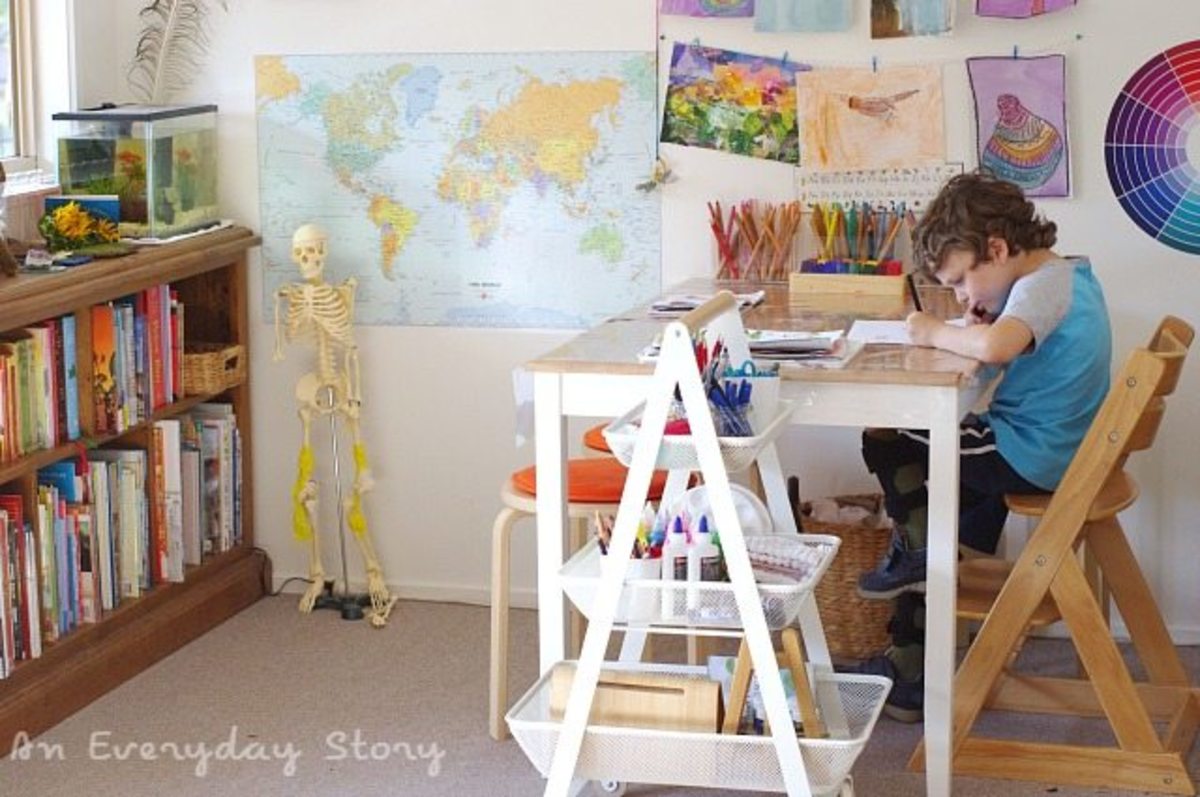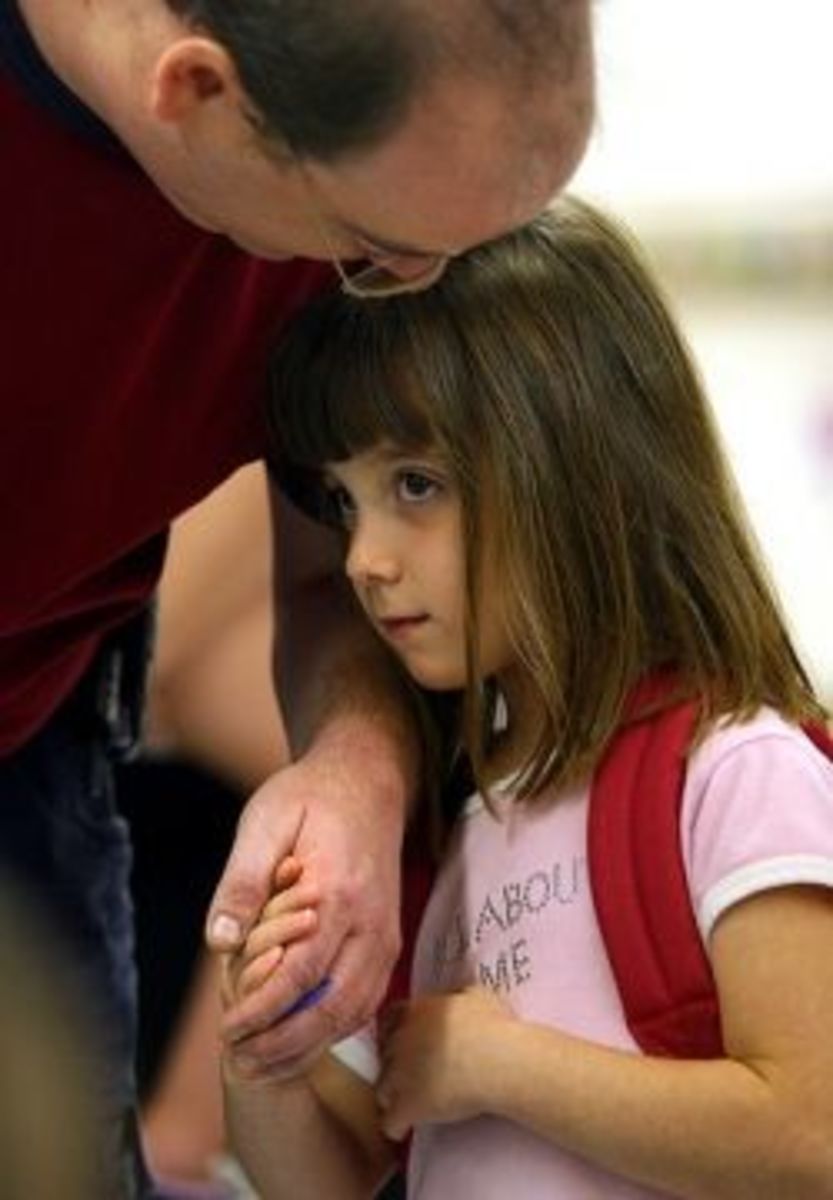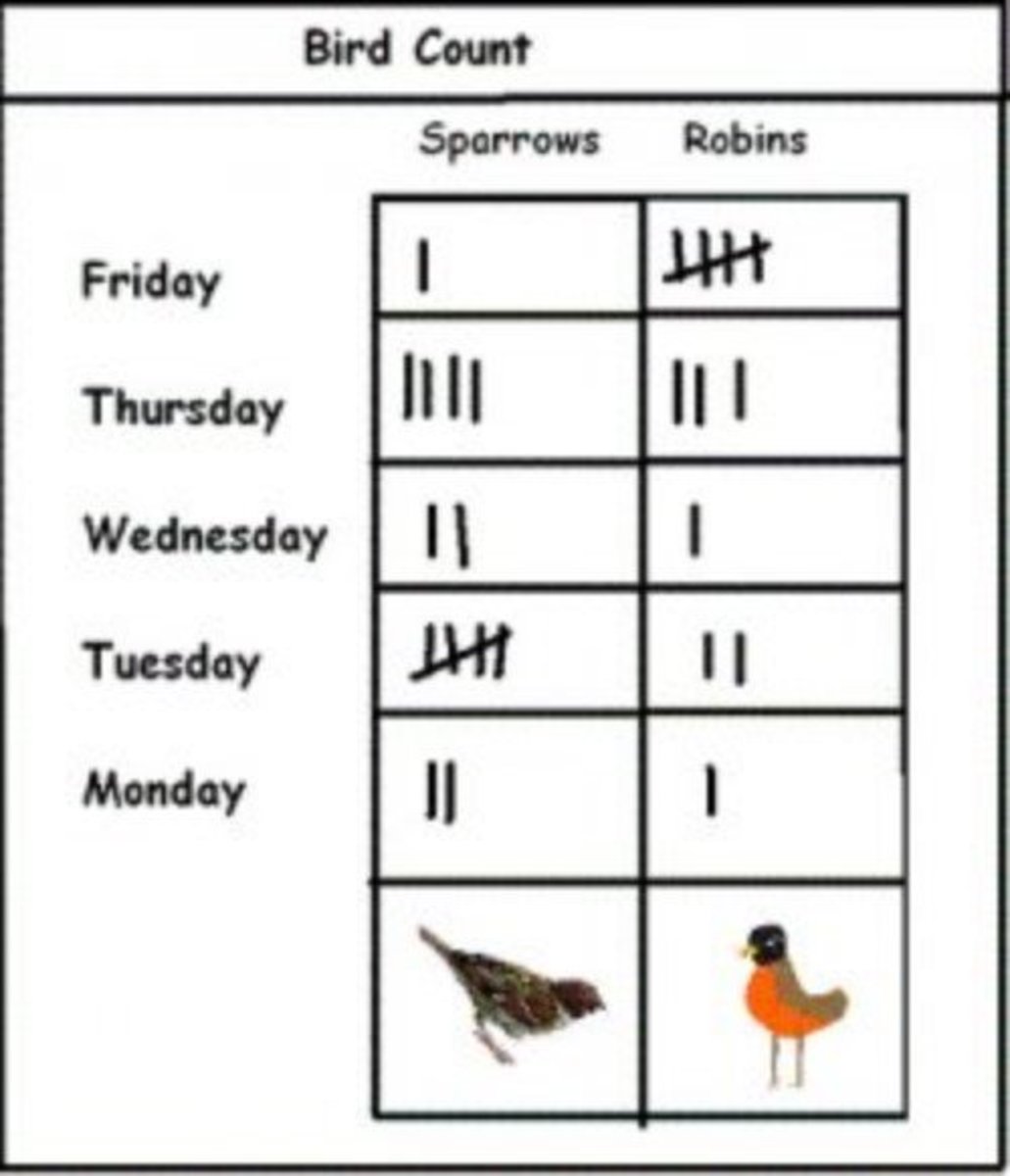Home Schooling - Socialization
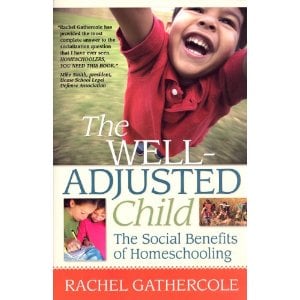
Socialization
Homeschooling is term used to describe children who are being schooled at home vs a public school or private school setting. I'm using the word homeschooling because people seem to identify quicker with this term but homelearning is usually what I describe our style of learning as. Recreating school at home was never my intention, it was actually one of the main reasons we choose to have our children stay home, and out of a formal school setting. Learning is automatic, after a baby is born actually in utero, a baby is learning. It can hear sounds from the outside world, it communicates with its mother through movement. I've played games with my unborn child, when their little feet extend making my tummy taut, I can almost hold their foot in my hand, they will pull away and move around as if to say I'm over here now, this game can go on for a long time before he/she gets board and falls asleep. I've played music against my inner thighs to motivate a breech baby to move towards the music and turn around with great success. Learning happens, is a life long process. I’m still learning, actually I believe I’m learning more now as an adult, more than I have ever learned before as a youth with the exception of the first few years of life when learning is full speed ahead.
Home learning provides an opportunity for children to experience real life in real time, most of the time. One of the repetitive questions I get asked about homelearning is how do you manage social? There is this unfounded view that homeschooled kids are antisocial. I can't speak for all homeschooled children, but I can speak for the ones I know and have had direct contact with. I've met a few homeschooled children that have better social skills than some of the adults I know who have been through high school and on to higher learning.
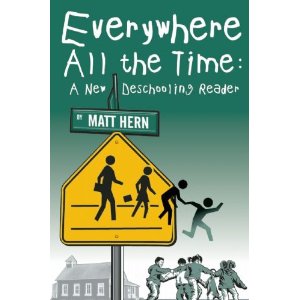
Socialization at School:
Children at the early age of 3 are segregates in their school setting by age. Grades automatically set this in motion, if your in grade one, then you're most likely hanging around and socializing with 6-7 year olds. Keep going up the grades and you'll see a pattern of isolation, as children get older, segregation by gender begins to take place. Girls tend to hang out with girls and boys hang out with boys. Socialization at school becomes more about popularity and grades than it does about true social values such a s compassion, empathy, tolerance and acceptance. Schools often have assemblies, workshops, classes and bring in speakers to deal with the problem of lack of tolerance and bullying within their own schools.
During schools hours there is not a lot of time for kids to truly socialize. Moving from one class to another, stopping in the halls for a quick conversation. Much of the real socialization that happens, happens outside of school hours and almost always off school property.
A phenomenon identified as "peer orientation" by Dr. Gordon Neufeld a Vancouver based developmental psychologist, who consults with parents and professionals regarding children and their problems is where there is a transfer from one dependent relationship to another. Kids need adult mentoring, not peer mentoring. When children and teens cannot find adults to connect with, they look towards their immature peers to guide them. In many culture around the word it is natural for young adults to continue to be mentored by the adults in their family and community until they reach a maturity level that signals the next step to more independence. I'm not saying we need to hold young adults back, what I'm saying is that we need to continue to be important in their lives, enough so they feel they can come to us as parents for advice on important issues like sexuality, drug and alcohol use and career planning, etc. Peers are not usually equipped to take on this responsibility, and without enough life experience, it's difficult to guide someone in the same position you are in. Schools are not teaching independence, rather they are teaching children as a result of the systematic segregation by age, they will look towards their age related peers for guidance, something they're peers are not equipped to do at this stage of their development.
When people ask me about socialization I ask them about socialization in their workplace, how does socialization work for you? Does your boss segregate and group employees by age and/or gender? Example: do all the 40 year olds work on this side of the cubical while all the 42 year olds work on the 4th floor? Does your boss tell employees there is competitive incentives to earn a raise or vacation, and that all the women will work on this platform, while the men will work on this one, and because of the degree of complexity, or physical strength required its necessary to segregate the genders? When you go to a restaurant for dinner, does the waiter ask your age and place you at the appropriate table? Schools just don't do a good job of modeling how people interact in society, it reminds me of a world encased in a bubble, you are released at 18 and left to go out into the real world.
Homelearning families not only interact with other home learning families but they also interact with people within the community on a regular basis, people of all ages and backgrounds. My children have grown up interacting with infants right through to the elderly. This is actually a truer model of what society is and what socialization is all about. A 16 year old being tolerant of a 4 year olds antics is a positive, and a very strong indicator good social skills and maturity level. A young adult who doesn’t mock and elderly person slowly crossing the road is demonstrating tolerance, the qualities I want to see in our future adults, folks that might be looking after me someday. I encourage my children to talk with people in the community and take advantage of learning opportunities.

When it comes to Homeschooling or homelearning, socialization is not the issue. Schools are institutions that manage an unrealistic portrayal of what society is. I think more can be done to make schools more inclusive or include more real life experiences. Many schools now offer co-operative learning, kids who participate in focus programs might actually be getting a more realistic view of what it is like to participate and live independently within their communities. My fondest memories of school were of my grade 4 – 8 classroom. I was in grade four at the time, our class was an integrated 5 grades! I played marbles at recess with the grade eight students and for the most part it was often difficult to tell what age some of us were because we all got along. If I remember correctly this was not an ideal situation at this school, due to budget constraints the francophone program made it a necessity to have fewer teachers on the payroll, It worked in my favour.
It's important to realize that while homeschooling is not for every family, but it is a viable and realistic option, that can offer a lot in terms of creating a more unique and individual learning setting for a child. Families choose to homeschool their children for a host of reasons, don't let socialization be the deciding factor, because it really is a non-factor.

Home Learning



